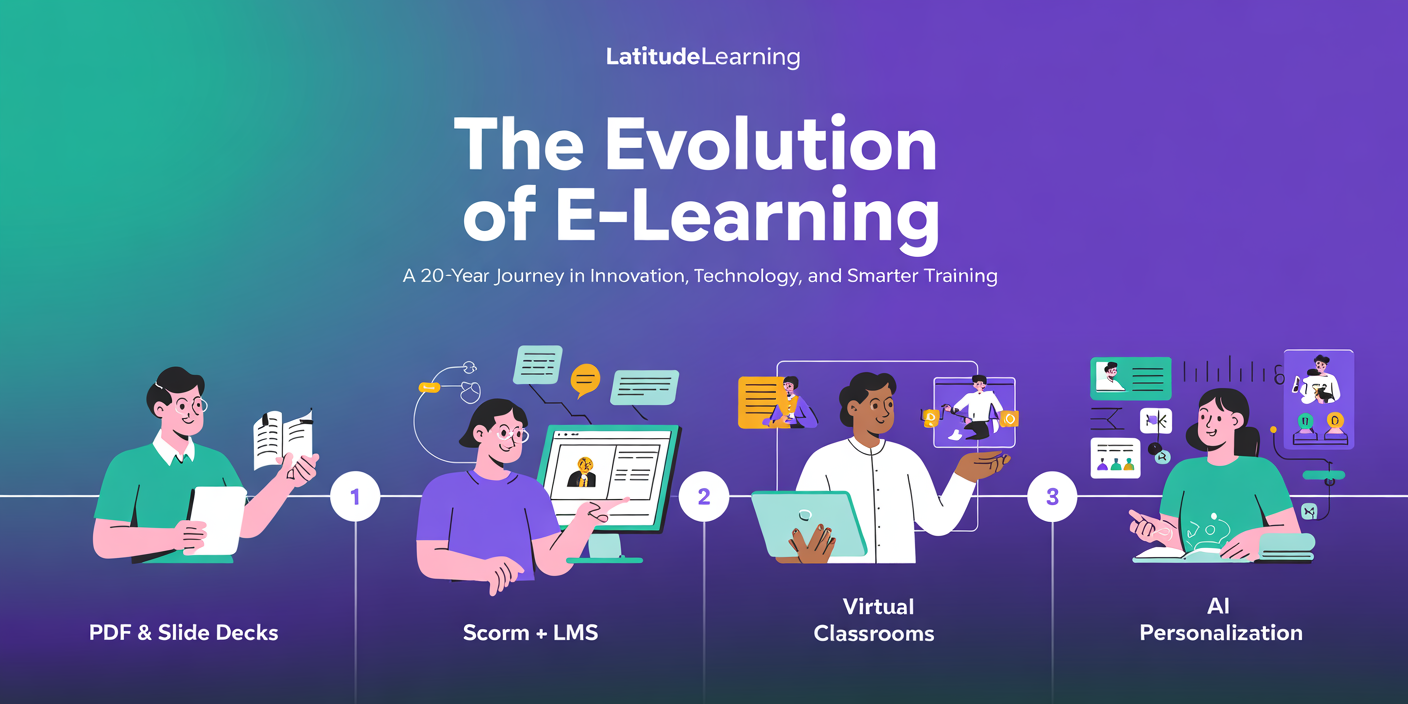In today’s fast-paced and competitive marketplace, customer training has become a vital component for businesses aiming to enhance customer satisfaction, increase retention, and foster long-term loyalty. Offering well-structured training programs helps customers maximize the value of their products or services, but this strategy can present unique challenges. Fortunately, partnering with the right learning management system (LMS) provider can help businesses overcome these hurdles and leverage the full benefits of customer training.
- Engagement and Motivation
One of the major challenges is keeping customers motivated to engage with the training. Unlike employees, customers often prioritize their own schedules, making it harder to ensure consistent participation. Without proper engagement, even the best training programs can fall short of their potential.
- Diverse Learning Needs
Customers come from various industries and backgrounds, and their learning requirements may vary significantly. Providing personalized content that addresses individual needs and skill levels is crucial, but difficult to manage without the right tools.
- Geographical Dispersion
Many businesses serve a global customer base, adding complexities like language barriers and varying time zones. A customer training program must be flexible and adaptable to cater to different regions while maintaining consistency in quality and delivery.
- Rapid Technological Change
With technology evolving at lightning speed, companies must keep their customers up-to-date on new features, functionalities, and best practices. Without a dynamic and scalable training program, this can lead to customer frustration and increased support inquiries.
- Tracking and Measuring Success
Gauging the effectiveness of client training programs is often a challenge. Businesses need reliable metrics and insights to assess whether their training initiatives are improving customer satisfaction and knowledge retention, which is essential for long-term ROI.
- Enhanced Customer Satisfaction
Customers who are well-trained in using your products or services experience fewer issues and feel more confident. This leads to higher satisfaction rates and strengthens their connection with your brand.
- Increased Customer Retention
A study from LatitudeLearning shows that increasing customer retention rates by just 5% can lead to upward of a 25% increase in profits. When customers are properly educated, they are more likely to continue using your services and remain loyal advocates.
- Reduced Support Costs
A well-trained customer is less likely to require frequent support. By educating customers on self-service solutions or best practices, you can reduce the burden on your customer service teams while improving the overall customer experience.
- Improved Product Adoption
Comprehensive training for customers accelerates the learning curve, helping them fully adopt and utilize the advanced features of your products. This not only increases the perceived value but also reduces churn caused by underutilization.
- Stronger Brand Loyalty
Training demonstrates that your company is invested in customer success. This fosters a deeper relationship between the customer and your brand, improving the likelihood of future sales and referrals.
The right LMS provider can make all the difference when it comes to implementing and managing a successful customer training program. Here’s how:
- Customized Learning Experiences
Modern LMS platforms, are designed to deliver personalized training experiences based on a user’s role, region, or skill level. This ensures customers receive relevant training content tailored to their unique needs.
- Scalable and Flexible Solutions
A robust LMS enables businesses to scale their training programs as they grow, supporting diverse learners across geographies, industries, and learning preferences.
- Automated Reporting and Metrics
Measuring the success of a client training program becomes seamless with built-in analytics. Businesses can track participation, knowledge retention, and certification rates, making it easier to adjust content and strategies to meet customer needs.
- Multilingual and Multinational Capabilities
For companies with a global customer base, a multilingual LMS can help break down language barriers, ensuring customers receive training in their preferred language. This reduces confusion and enhances comprehension.
- Ongoing Support and Updates
The right learning platform partner will provide continuous updates and improvements to your learning environment, ensuring that your training for customers stays relevant, impactful, and effective. This can include everything from content creation to system integration.
Importance of Customer Training
Customer training is no longer a “nice-to-have” but a necessity for companies seeking to increase customer retention and drive long-term success. By addressing the challenges head-on and selecting the right learning partner, businesses can unlock the full potential of their training programs—leading to happier, more loyal customers who truly understand and value the products or services they use.





